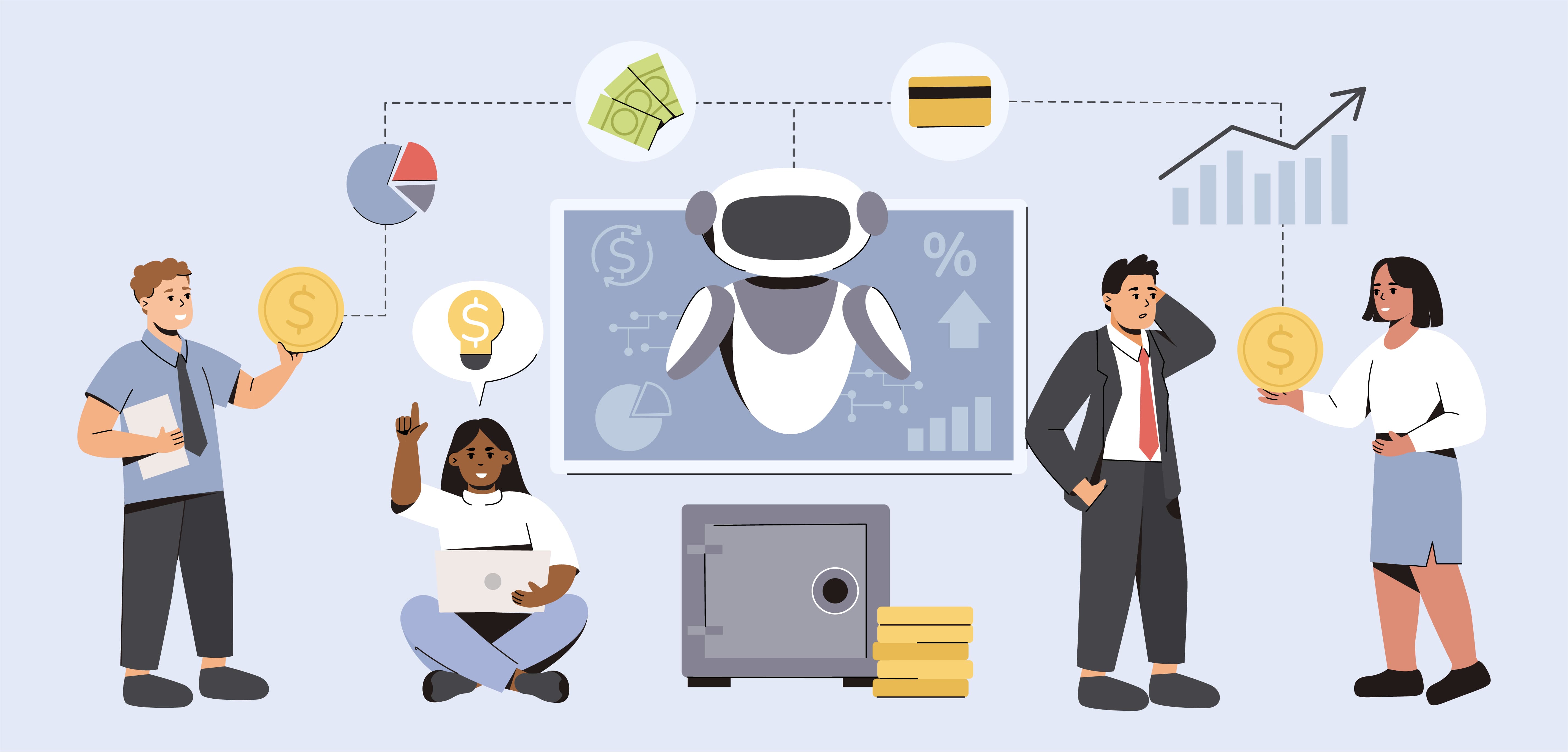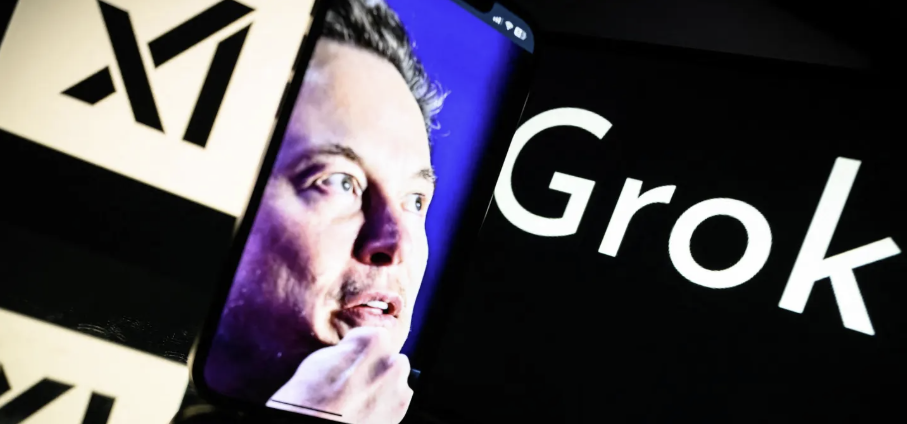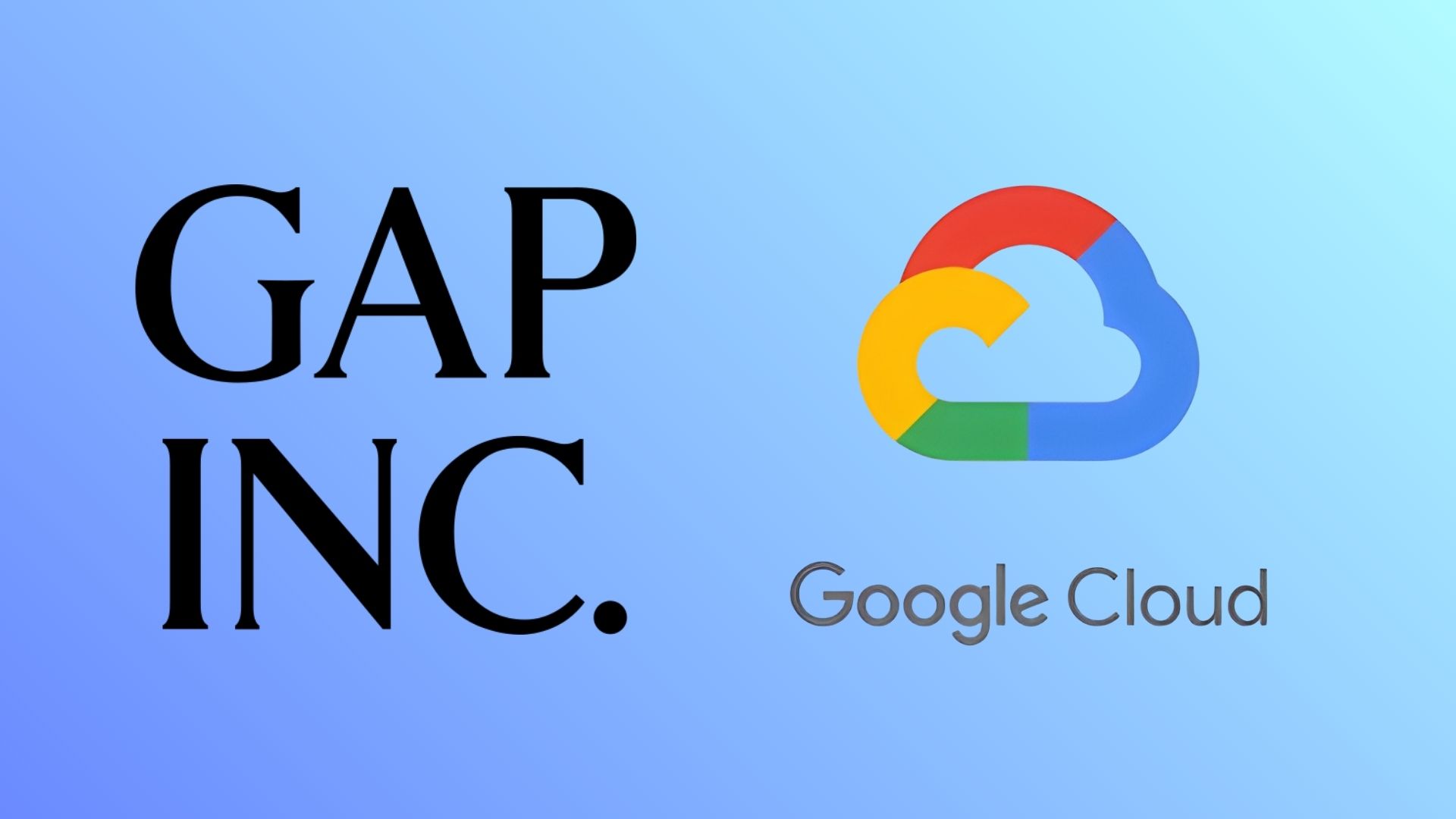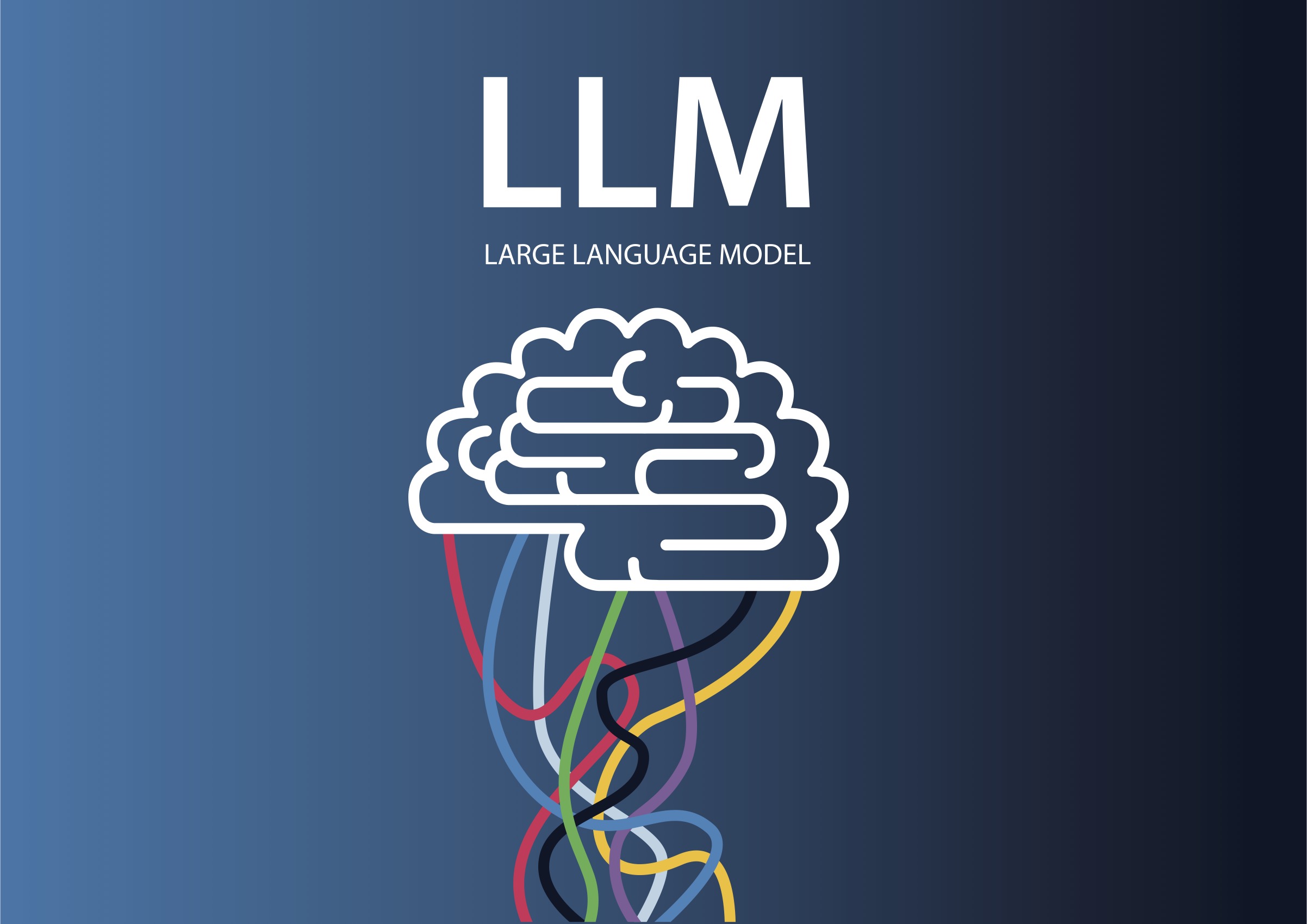Google faces new regulatory scrutiny in the UK after the competition watchdog designated it with strategic market status under a new digital markets law. The ruling could change how users select search engines and how Google ranks online content.
The Competition and Markets Authority said Google controls more than 90 percent of UK searches, giving it a position of unmatched influence. The designation enables the regulator to propose targeted measures to ensure fair competition, with consultations expected later in 2025.
Google argued that tighter restrictions could slow innovation, claiming its search tools contributed £118 billion to the UK economy in 2023. The company warned that new rules might hinder product development during rapid AI advancement.
The move adds to global scrutiny of the tech giant, which faces significant fines and court cases in the US and EU over advertising and app store practices. The CMA’s decision marks the first important use of its new powers to regulate digital platforms with strategic control.
Would you like to learn more about AI, tech and digital diplomacy? If so, ask our Diplo chatbot!










